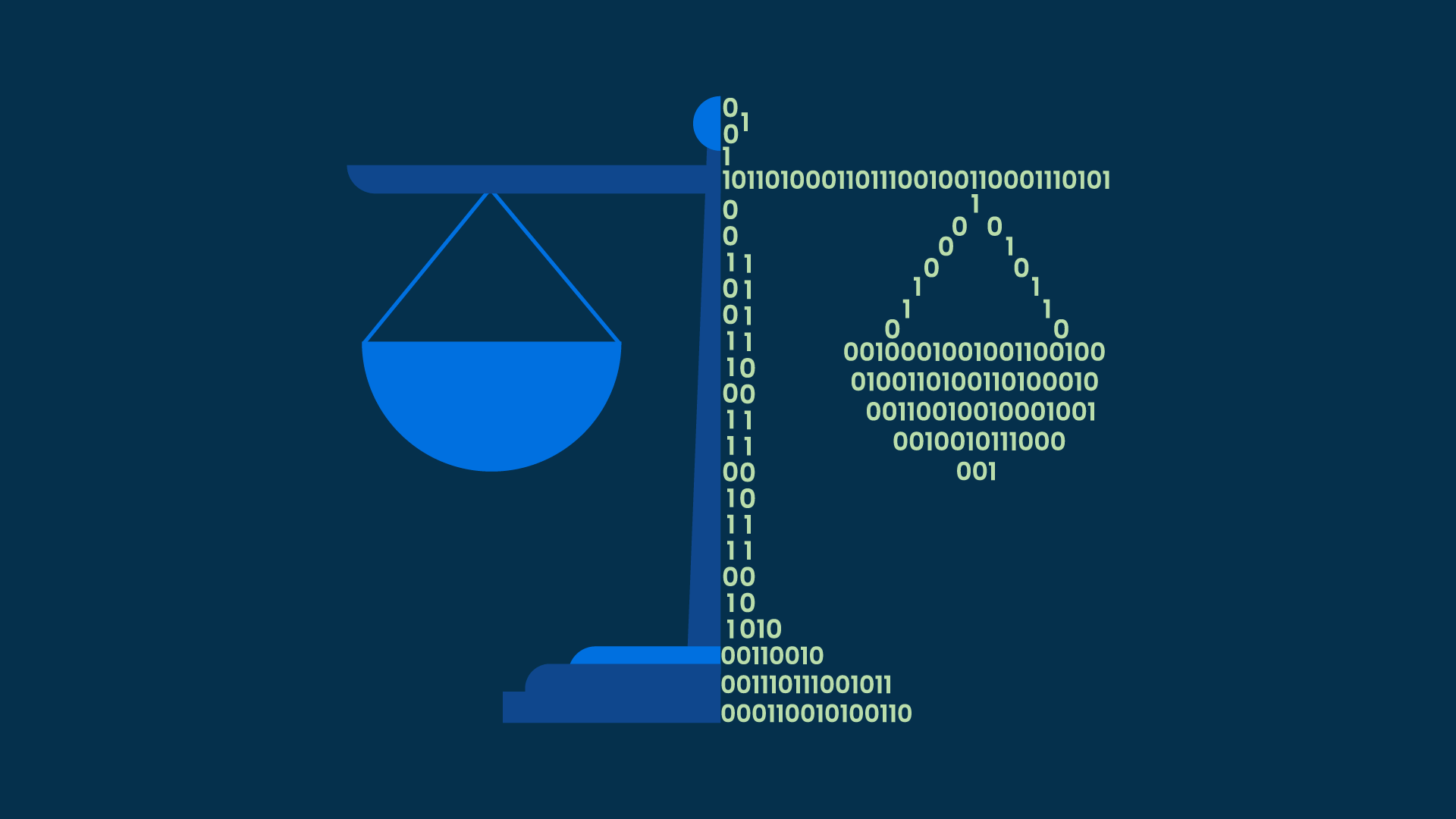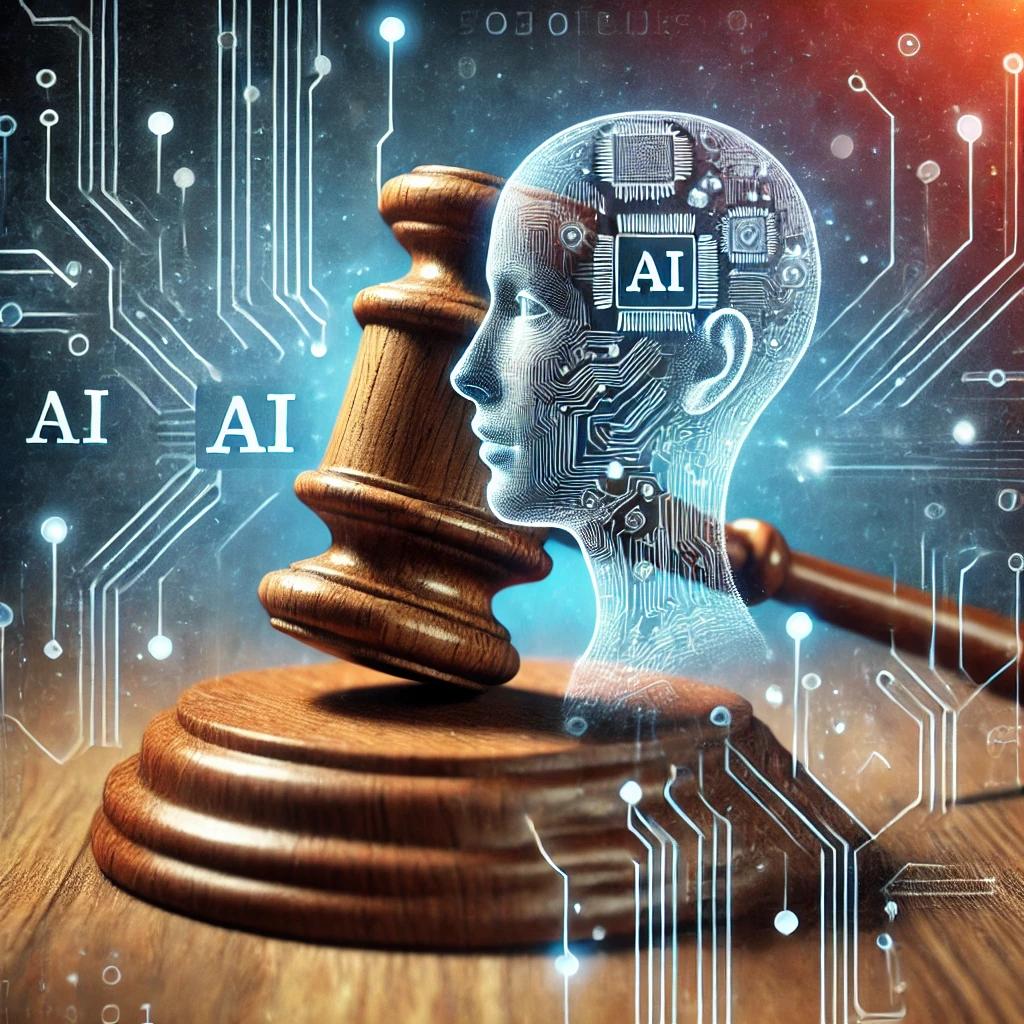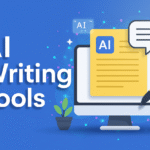Imagine having a personal legal expert at your fingertips, ready to assist you 24/7. Sounds incredible, right?
That’s where Legal AI steps in. It’s not just a buzzword; it’s a transformative tool that’s reshaping the legal landscape. If you’ve ever felt overwhelmed by legal jargon or wished for a simpler way to navigate complex legal processes, you’re in the right place.
Legal AI is designed to make your life easier, cutting through the complexity to offer clear, actionable insights. Curious about how this technology can benefit you? Stay with us, and you’ll discover the power and potential of Legal AI, and how it might just be the game-changer you’ve been looking for.
Legal Ai Basics
Understanding the basics of Legal AI can be a transformative step in modernizing your legal practice or simply enhancing your knowledge of technology in law. Legal AI refers to artificial intelligence applications specifically designed for the legal industry. These tools can range from document review software to predictive analytics platforms, all aimed at streamlining legal processes and improving accuracy. So, what does this mean for you?
What Is Legal Ai?
Legal AI is about using technology to assist with tasks traditionally done by legal professionals. Think of it as a digital assistant that can help you analyze documents faster and with fewer errors. It’s not about replacing lawyers but making their work easier and more efficient.
How Does Legal Ai Work?
Legal AI works by processing large amounts of data at high speed. It uses machine learning algorithms to understand patterns and make predictions. This means it can quickly scan documents for relevant information, saving hours of manual work.
Benefits Of Using Legal Ai
- Speed and Efficiency: Imagine cutting down research time by half. Legal AI can quickly sift through documents, allowing you to focus on strategy.
- Accuracy: Reduce human error with AI’s precise algorithms. They ensure that nothing is overlooked during document reviews.
- Cost-Effectiveness: Hiring less manpower for document review can save your firm significant costs.
Is Legal Ai Reliable?
Many worry about relying on technology for critical tasks. But Legal AI is continually improving. Its algorithms learn and adapt, increasing reliability with each use. It’s like having a colleague who gets smarter every day.
Real-world Applications
Legal AI is already making waves in law firms globally. It’s being used for contract analysis, legal research, and even predicting case outcomes. Have you considered how it might improve your daily operations?
Challenges To Consider
Though Legal AI offers numerous benefits, it’s not without challenges. Privacy and data security are top concerns. Make sure you choose platforms with robust security features to protect client information.
As you think about adopting Legal AI, consider how it aligns with your goals. Are you looking to save time, reduce costs, or enhance accuracy? Legal AI might just be the partner you need.

Credit: www.clio.com
How Legal Ai Works
Understanding how Legal AI works can be quite fascinating. It’s not just about fancy algorithms or complex data; it’s about simplifying the legal processes for you. Let’s break it down into digestible parts, focusing on how data is processed, how machine learning algorithms function, and the role of natural language processing.
Data Processing
Legal AI starts with data processing, which is crucial. It gathers and organizes vast amounts of legal data, like court cases, contracts, and legal statutes. Think of it as sorting a mountain of paperwork into neatly labeled folders. This step ensures the AI has a clear picture to work with, making subsequent tasks efficient and accurate.
Ever tried finding a needle in a haystack? Data processing in legal AI is like using a magnet to make that search easy. It enables the AI to sift through irrelevant information and focus on what’s important. This precision allows legal professionals to make informed decisions quickly.
Machine Learning Algorithms
Machine learning algorithms are the backbone of Legal AI. They learn from the processed data to predict outcomes and identify patterns. Imagine teaching a dog new tricks; these algorithms get better the more they practice with data.
They can predict the likely outcomes of court cases based on historical data. This insight helps lawyers craft stronger arguments and anticipate opposing strategies. Have you ever wished you could foresee a problem before it arises? That’s exactly what these algorithms aim to do in the legal field.
Natural Language Processing
Natural Language Processing (NLP) is what gives Legal AI its human touch. It enables the AI to understand and interpret human language, making it easier to interact with legal texts. It’s like having a bilingual friend who translates complex legal jargon into plain English for you.
NLP helps in drafting documents, reviewing contracts, and even performing legal research. It saves you from the tedious task of reading through lengthy legal documents. Have you ever struggled with understanding legal terms? NLP ensures you get the gist without needing a law degree.
By combining these elements, Legal AI transforms the legal landscape. It makes legal services more accessible and efficient. What part of Legal AI do you find most intriguing? Share your thoughts or experiences in the comments below!
Applications In The Legal Field
Legal AI is transforming the legal field with innovative applications. It automates tasks, saves time, and reduces errors. Lawyers benefit from streamlined processes and improved outcomes. From contract analysis to case prediction, AI reshapes the landscape of law.
Contract Analysis
AI simplifies contract review, detecting key terms and potential risks. It highlights discrepancies and suggests improvements. Lawyers gain insights and make informed decisions faster. This enhances accuracy and speeds up negotiations.
Legal Research
AI tools scan vast databases for relevant case laws. They identify patterns and provide summaries. Researchers find pertinent information quickly. This improves the depth and quality of legal arguments.
Case Prediction
AI analyzes past case outcomes to predict future results. It assesses factors influencing decisions. Lawyers understand possible verdicts and strategize accordingly. This aids in preparing stronger cases.
Benefits Of Legal Ai
Legal AI uses artificial intelligence to assist in legal tasks. It speeds up research, saving time and reducing costs. This technology helps lawyers analyze data and predict outcomes, making legal work more efficient.
The integration of Legal AI in the legal sector is transforming how tasks are performed and decisions are made. The benefits of Legal AI are not just about keeping up with technology; they are about making your legal practice more efficient, cost-effective, and accurate. Let’s dive into these advantages and see how Legal AI can make a difference in your day-to-day operations.
Increased Efficiency
Legal AI tools can handle repetitive tasks like document review, contract analysis, and legal research. This means you can focus on more complex and strategic tasks that require your expertise. Imagine having more time to build strong client relationships or to develop new strategies for your cases. With AI, tasks that used to take hours can now be completed in minutes. You can quickly sift through vast amounts of data to find relevant information. This speed not only saves time but also allows you to meet tight deadlines with ease.
Cost Reduction
Hiring a large team to handle mundane tasks can be expensive. Legal AI reduces the need for such extensive staffing by automating routine processes. This automation leads to significant cost savings for your firm. Think about the money you can save on overhead costs. By reducing the need for overtime and additional staffing, you can allocate your resources more efficiently. This means more budget for client-centered initiatives or investing in other areas of your business.
Enhanced Accuracy
Human errors can be costly, especially in the legal field. Legal AI minimizes these errors by providing consistent and accurate results. Whether it’s reviewing documents or analyzing case law, AI tools deliver precision that can improve the quality of your work. These tools are designed to learn and adapt, enhancing their accuracy over time. As you use them, they become more attuned to your specific needs, increasing their effectiveness. Have you considered how much more confident you would feel knowing that your data is accurate and reliable? Legal AI is not just a trend; it’s a valuable asset that can transform your legal practice. By embracing these tools, you can improve your efficiency, reduce costs, and enhance the accuracy of your work. How will you leverage Legal AI in your legal practice today?
Challenges And Concerns
Legal AI faces challenges in ensuring accurate legal interpretations. Concerns about data privacy and bias remain significant. Balancing innovation with ethical considerations is crucial for its effective integration.
Legal AI is transforming the landscape of the legal industry, offering innovative solutions to complex problems. However, with these advancements come challenges and concerns that need careful consideration. As you navigate this rapidly evolving field, it’s crucial to understand the ethical issues, data privacy risks, and the importance of bias and fairness. Let’s explore these challenges and how they can impact the use of Legal AI.
Ethical Issues
Legal AI can significantly streamline legal processes, but it also raises ethical questions. You might wonder about the moral implications of relying on a machine for tasks traditionally performed by humans. AI lacks the ability to understand context and nuance in the way a human does. This can lead to oversights or errors in judgment that might affect legal outcomes. Is it ethical to allow an algorithm to make decisions in sensitive legal matters?
Data Privacy
In your work with Legal AI, data privacy is a paramount concern. These systems often require access to vast amounts of sensitive data to function effectively. This poses a risk of data breaches or misuse. Think about the consequences if confidential client information were to be exposed. How can you ensure that your AI tools are safeguarding this data? Implementing strong security measures is essential to protect privacy.
Bias And Fairness
Bias in AI is a pressing issue you cannot ignore. When AI systems are trained on biased data, they can perpetuate and even amplify these biases. This can lead to unfair treatment and discriminatory practices in legal contexts. Consider the implications of bias in legal decision-making. How can you ensure that your AI tools are fair and impartial? Regular audits and updates to AI systems can help mitigate bias and promote fairness. As you delve deeper into Legal AI, these challenges and concerns must be at the forefront of your strategies. Addressing them head-on can pave the way for more ethical, secure, and fair AI implementations in the legal field. Are you prepared to tackle these hurdles?

Credit: harris-sliwoski.com
Future Of Legal Ai
The future of Legal AI holds exciting possibilities. Legal AI refers to artificial intelligence in legal services. It is transforming how law is practiced. As technology evolves, Legal AI becomes more vital. It assists in legal research, document review, and contract analysis. This promises to reshape the legal landscape. Let’s explore the future of Legal AI.
Integration With Law Firms
Law firms are adopting AI tools rapidly. These tools enhance efficiency and accuracy. AI helps in managing large volumes of data. Lawyers can focus on strategic tasks. AI streamlines administrative duties. This improves client service and satisfaction. Integration is crucial for staying competitive.
Advancements In Technology
Technology is advancing at a fast pace. AI algorithms are becoming more sophisticated. They can predict legal outcomes more accurately. This helps lawyers prepare better strategies. Machine learning improves with data analysis. It understands patterns in legal documents. This leads to better decision-making.
Potential For Global Impact
Legal AI has a global reach. It breaks down language barriers in legal services. AI translates complex legal texts swiftly. This ensures global accessibility. Developing countries benefit from AI’s efficiency. It provides affordable legal assistance. The impact on international law is significant.

Credit: www.tcdi.com
Frequently Asked Questions
What Is Legal Ai Used For?
Legal AI is used to automate routine tasks and enhance efficiency in legal processes. It helps in document review, contract analysis, and legal research. Legal AI improves accuracy and reduces human error, offering significant time savings for legal professionals. It also assists in predicting legal outcomes and identifying risks.
How Does Legal Ai Improve Efficiency?
Legal AI streamlines workflows by automating repetitive tasks, freeing up time for complex legal analysis. It processes large volumes of data quickly, enhancing productivity. Legal AI reduces manual errors, leading to more accurate results. It also facilitates better decision-making through advanced data analytics and insights.
Is Legal Ai Reliable For Legal Research?
Legal AI is highly reliable for legal research, offering comprehensive and accurate results. It uses advanced algorithms to analyze vast legal databases swiftly. Legal AI provides relevant case law, statutes, and regulations, enhancing research efficiency. It continuously learns and adapts, ensuring up-to-date information is available.
Can Legal Ai Predict Case Outcomes?
Legal AI can predict case outcomes using data analytics and historical case patterns. It analyzes past judgments to identify trends and probabilities. Legal AI provides insights into potential risks and strengths in cases. While not infallible, it offers valuable predictions to guide legal strategies and decision-making.
Conclusion
Legal AI transforms how legal tasks are handled today. It makes processes faster and more accurate. Lawyers can focus on complex tasks. Routine work is managed by AI tools. This technology helps reduce errors and saves time. Many law firms now use AI for better efficiency.
It supports document review and legal research. Legal AI is becoming essential in the legal field. Embracing it can lead to significant improvements. Understanding its benefits is key for future growth. Legal AI is here to stay, offering new opportunities.




